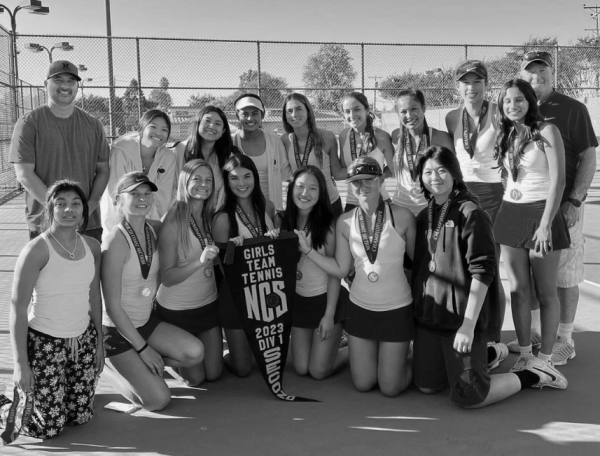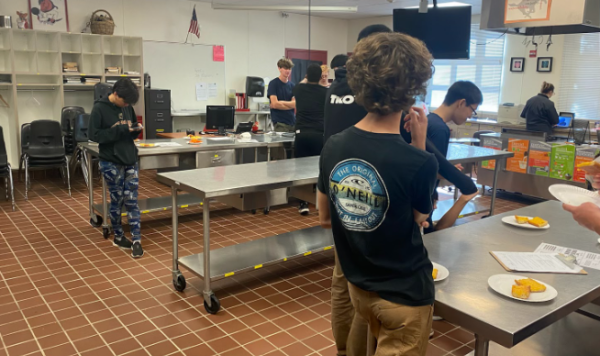Affluenza, myth or reality?

Image provided by www.mnn.com
Texas teen, 16 year old Ethan Couch, killed four people and severely injured two others in a drunk driving crash near Fort Worth, Texas in June. What did he plead as his defense? Affluenza.
Affluenza is the term for the product of wealthy, privileged children whose parents never teach them right from wrong, or the concept of consequences. The state district judge handling Couch’s case, Jean Boyd, seemed to believe his defense and merely sentenced Couch to 10 years of probation despite his blood alcohol content of .24 which is three times the legal limit. Couch’s money and apparent lack of responsibility helped him to escape his fate of jail time.
While Affluenza may sound crazy, there could possibly be some truth in it. It describes kids who have a sense of entitlement, are irresponsible, and make excuses for poor behavior because they grew up with no boundaries. Unfortunately, this description sounds all too familiar as we live in the wealthy community of Danville.
The effects of affluence reach very deep into the psyche of teens according to psychologists who study the wealthy youth of the United States. Money has the power to makes us oriented towards a materialistic lifestyle so that we seek happiness through material things. Since we grew up in a community that offered us the best of everything, we will expect the best for the rest of our lives. It is so much harder to be happy with the small things in life when our level of satisfaction starts at such a high, demanding level.
Celina Gines, a junior who went on a mission trip to Mexico to build houses for poverty stricken families, observed a contrasting perspective in the Mexico natives’ view on happiness.
“They were so happy with what little they had and they found happiness so easily because they grew up with nothing,” Gines said. “Growing up here makes teens more naive about what’s going on in the outside world beyond the bubble. It makes us value material things like clothes, technology and cars.”
The differences between the poor families Gines met in Mexico and the typical Danville family go so deep, that the things we accept as everyday staples are rare gifts to them.
“The stuff we take for granted such as hot water and plumbing makes such a big difference to someone who is less fortunate and doesn’t have those things,” Gines said.
Living in an affluent community grants us many things that most people have to grow up without. This makes it easier to develop an elevated self-image, so that we see those who are less fortunate than us as inferior people, rather than equal human beings who deserve our time and attention. Currently this generation of wealthy teens is described as a narcissistic society or generation “all about me.”
“A lot of times kids think they’re like Gandhi or Mother Theresa for doing a menial, charitable task,” senior Thomas Mannel said. “Being from an affluent area, we have a responsibility to help the underprivileged and when we do it’s nothing more than basic human decency.”
This common mentality among wealthy teens of being superior or better than most transfers over to everyday social life in high school. Kids with an elevated-self image tend to flock to kids with the same attitude and form cliques. The students who are left over, who are seen as inferior, are left without a group of friends or a sense of belonging.
Mike Huntsman, the architectural design teacher at Monte Vista, has taught at Byron Boy’s Ranch and Del Amigo in the past and has witnessed this commonality first hand.
“The students I taught the most at Del were Monte Vista students,” Huntsman said. “As I talked to the students it became apparent that Monte Vista had groups and if you didn’t fit into one you were an outcast.”
Once Huntsman started teaching at Monte Vista he noticed another big difference between Monte Vista students and the students he taught at prior schools. A large group of the kids here seemed to be under constant pressure, and a big part of that is due to being born into a rich family.
“There is a large group of Monte Vista kids who are under a lot of pressure to get straight A’s, take the AP classes and go to the Ivy League type colleges,” Huntsman said. “The parents in this area worked hard to be here and now the kids feel the pressure to succeed like their parents did,” Huntsman said.
In stark contrast to the group of teens that feel the constant need to succeed, wealth has generated another type of student who feels they don’t have to work for anything, and parents oftentimes reinforce this entitled attitude in their child.
“In the long run it will be a detriment and the kids won’t have the entitlement they perceive is there,” Huntsman said. “Once they leave high school they will get a wake up call.”
It is apparent that affluence causes numerous deep rooted problems in teens. However, there is so much potential among the teens at Monte Vista, and it is important that that potential is nurtured rather than squandered.
“The majority of students at Monte Vista put forth a good effort and as a whole are a great, giving bunch of kids,” Huntsman said.
It is our responsibility to not let growing up in a wealthy community control who we will become, but rather use wealth in a healthy, positive way to make the world a better place.








